I have done many jobs. From farmer, security guard, fair ticket seller, bicycle keeper to Youth Union, Team leader, army officer, teacher, tourism manager, travel consultant, tour guide … Having done many jobs, I feel that tour guide is the most difficult job.
Large workload, high stress
How to convey information so that customers of all ages, backgrounds, levels, cultures, etc. can absorb and agree. Content is unlimited, how to respond to satisfy customers is not easy at all. Human knowledge is vast but each person's knowledge is limited.
Huge workload, stressful work intensity. Leave early, come back late. Travel fast, eat fast, talk a lot, stand a lot, sleep little, manage the entire tour program. Work independently, away from home for many days. Tour guide is not only a guide, travel companion, volunteer service, animator, route explainer... but also a person who provides information, handles situations, represents the company and the country.
The most difficult thing is handling situations and providing information, no school can teach enough. Tour guides are the ones who breathe life into famous places, the important factor that determines the success of a tour. In addition to professional skills, tour guides must be knowledgeable about psychology and have civic spirit. Depending on the target customers, they must know what to say and what to do; ready to protect the interests of customers, the company and the country in a harmonious way. A good tour guide can do many other jobs such as MC, journalist, event organizer...
The line between comment and criticism, politeness and vulgarity, anecdote and reality is often very fragile and depends on the perception of the audience. But there is an immutable principle: "Only say what you know for sure". When doubting the accuracy of information, it is necessary to clearly state: "To the best of my knowledge...", "If I remember correctly"; especially on issues that can cause misunderstanding and negative inference.
Good tour guides are "Mini encyclopedias", they can answer anything. The most important quality, besides passion and enthusiasm, is to learn to constantly improve. Read, filter information and ask questions, especially asking customers. Especially historical knowledge. The school only creates the foundation of knowledge and skills. Building and establishing each different cultural house, the quality depends on each tour guide.

Tour guides are the ones who breathe life into famous landscapes, the key factor in determining the success of a tour.
Must be filtered, constantly improved
Like any citizen, tour guides can also make mistakes due to wrong education, lack of courage and being easy in conveying information. I do not believe that the "story about the Nguyen Dynasty concubines" that the press and public are upset about is that the tour guide "intentionally insulted his ancestors". Maybe the tour guide wanted to find something strange, make an impression, show that he knows a lot of things... The result was the opposite, the story was counterproductive and received a strong reaction.
The story of tour guides telling "salty" jokes, poor knowledge, incorrect information, even dangerous... not only in the country but also abroad (Outbound and Inbound); not yet popular but no longer unique. When wrong, must admit the mistake, apologize, find the cause and correct the mistake thoroughly. I would like to propose the following subjective interpretations:
Tour guides only tell what they know for sure, when customers have questions they need to prove the source of the information. If the information provided on the tour is not accurate, it can lead to many consequences when customers spread it.
The company using the tour guide is jointly responsible if the tour guide makes a professional mistake. Depending on the level of the violation, the handling will include warnings, disciplinary action, and legal action. It is also necessary to state the training source of the tour guide to share responsibility and improve training quality.
Tourists are the beneficiaries of information, as well as the quality controllers and supervisors. When there is a problem, they need to speak up. Depending on the level, give direct feedback to the tour guide, report to the travel agency; promptly limit negativity and spread of false information.
Tour guides are company representatives, people's diplomats of the country, so they need to be screened and constantly improved. Entering a house means knowing the owner, seeing soldiers means knowing their generals. Through tour guides, we know the reputation, quality of the company and partly the image of the country.
As well as teachers, the central figures of the school; tour guides - the center of travel companies, additional resources for the design, operation, sales, marketing, management departments... of tourism. Schools need to innovate methods, adjust practical training content. Maximize extracurricular time, professional practice and a team of real business lecturers.
The incident of "the story of the Nguyen Dynasty concubines" is also an opportunity for each tour guide, travel agency, school and the entire tourism industry to look back at themselves and adjust their behavior.
It is necessary to stop the practice of only checking and reviewing when there is an incident. Training, improving professional skills and supervision must be done regularly.
Source



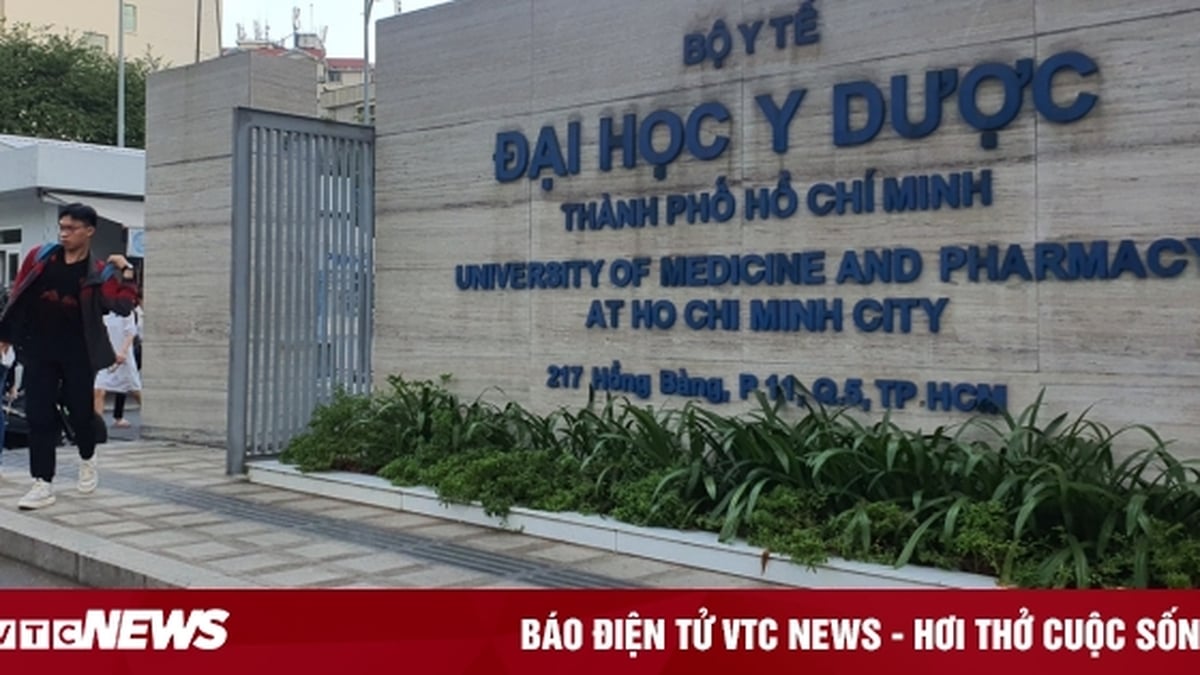
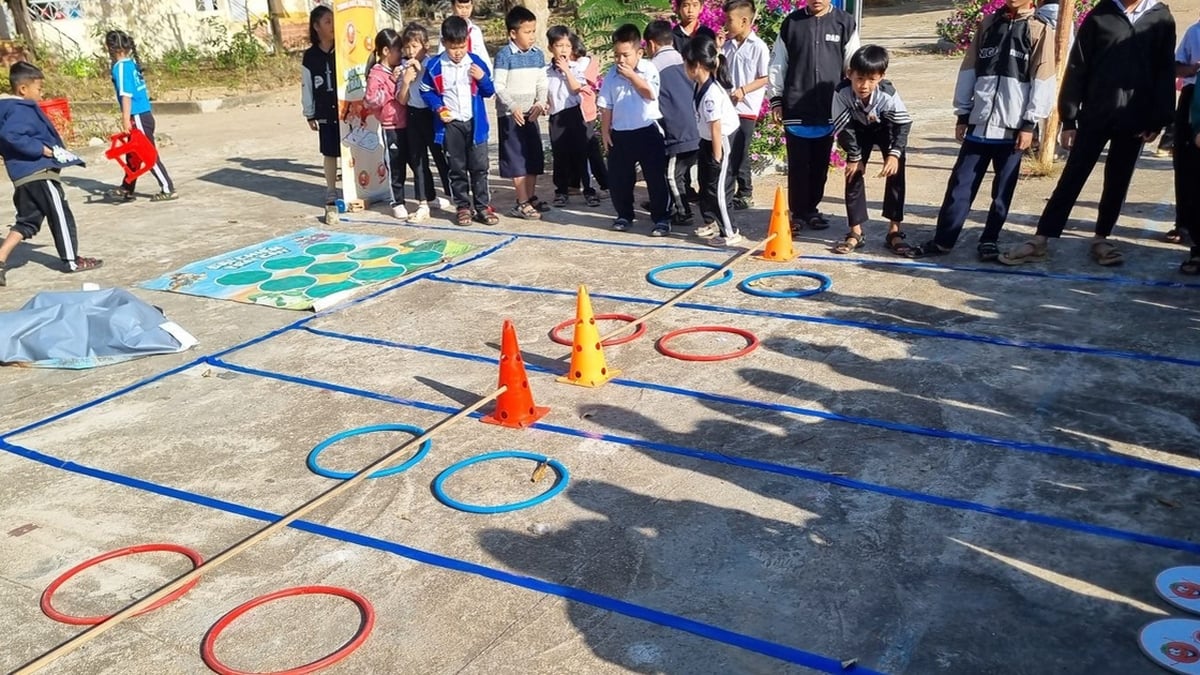
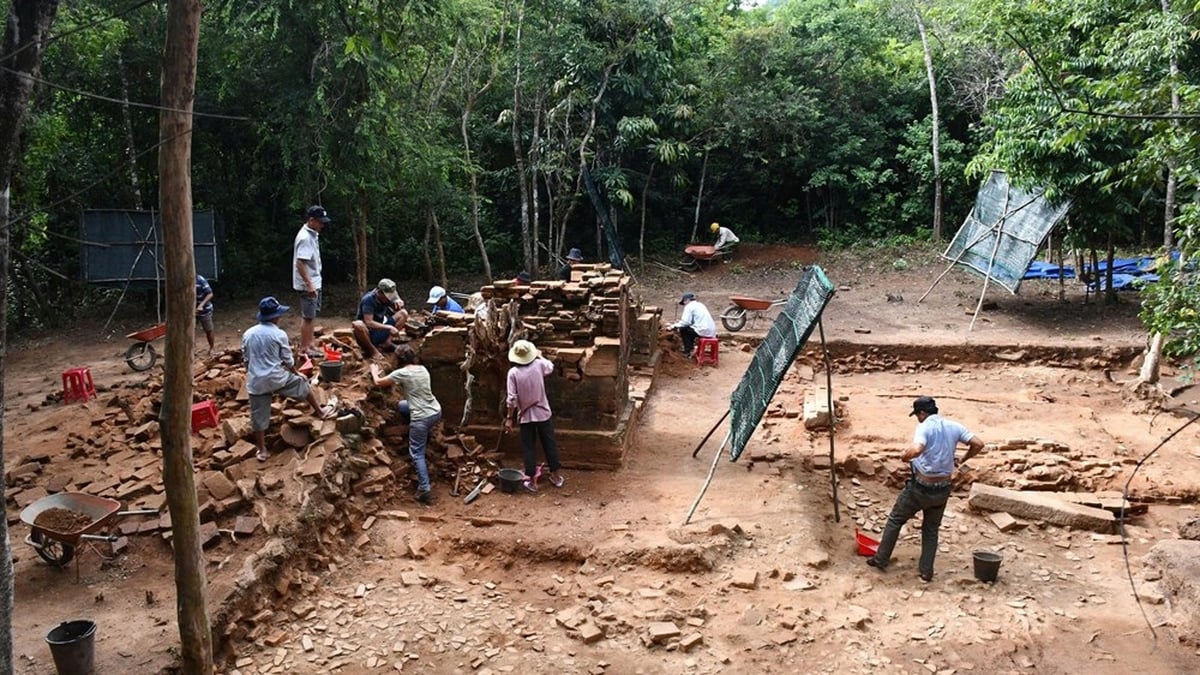
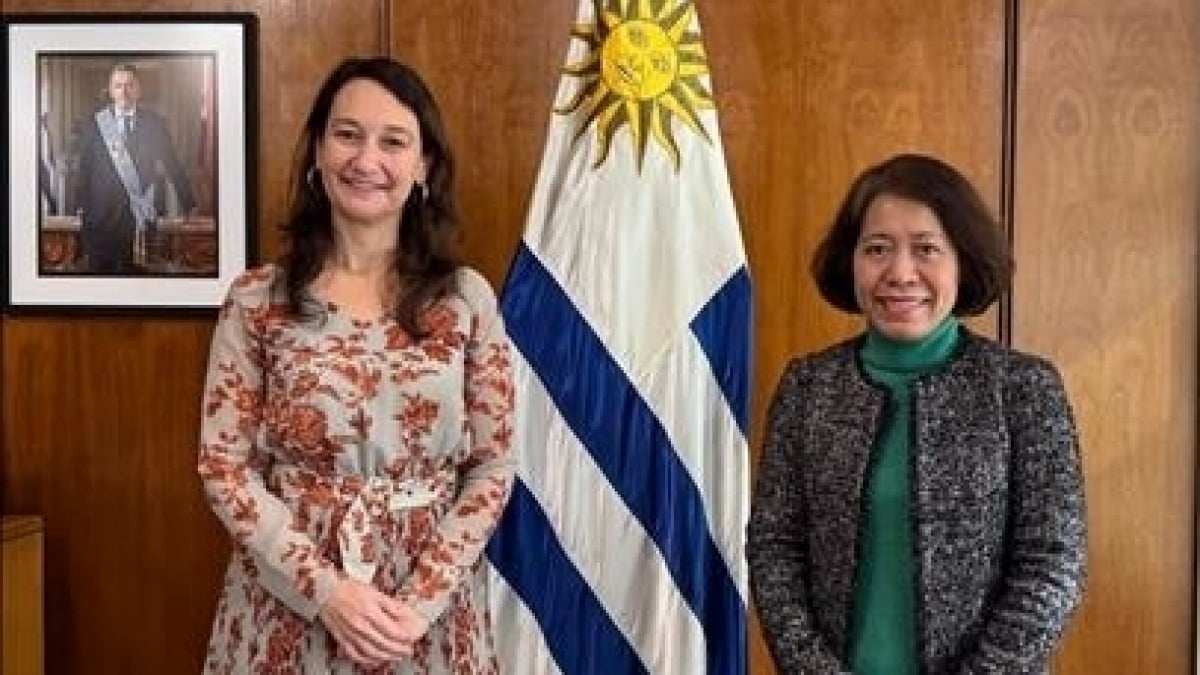

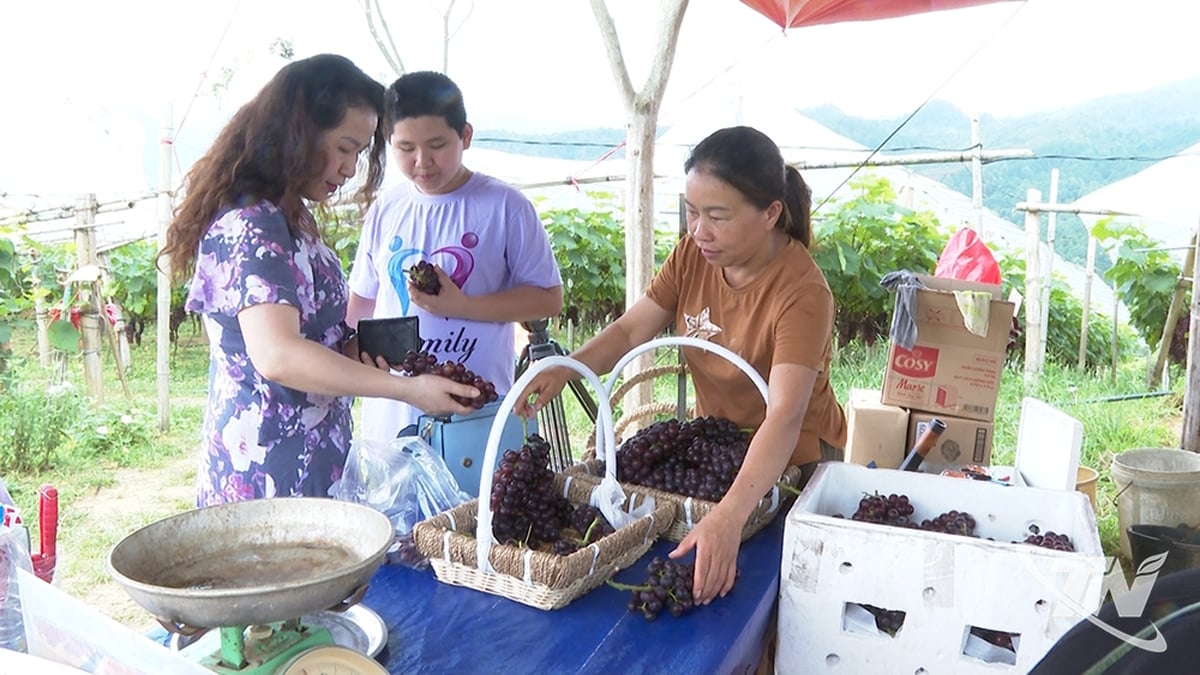


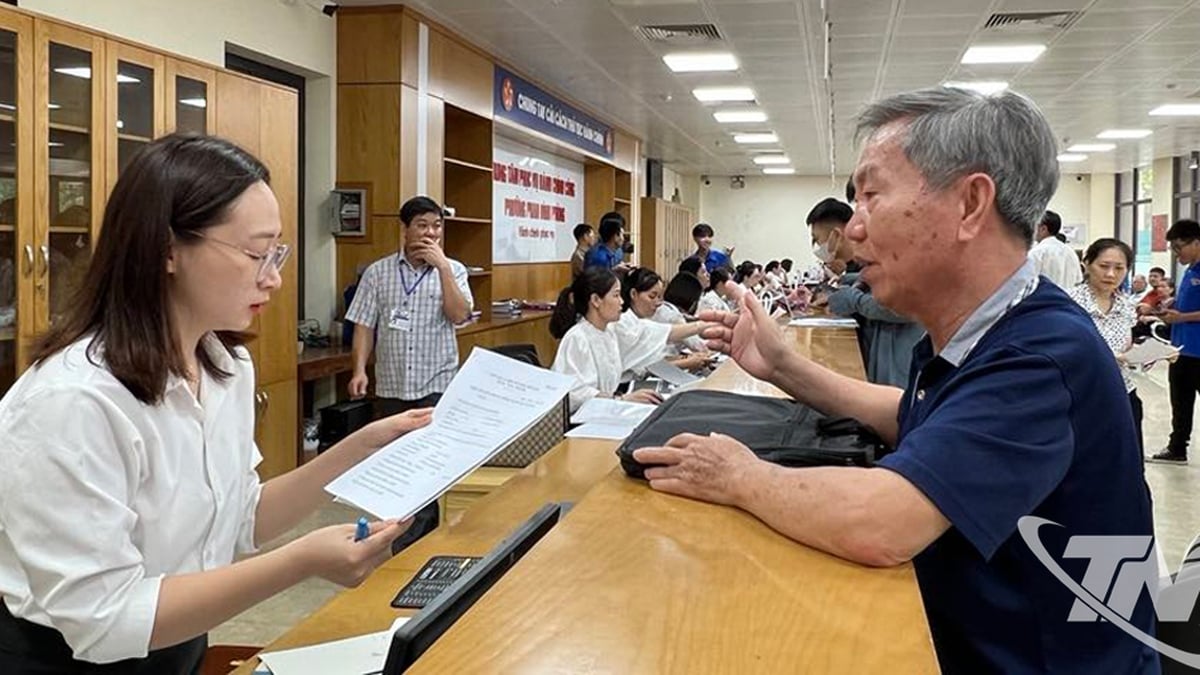







































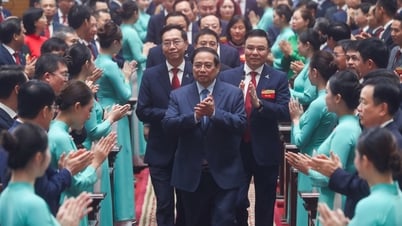











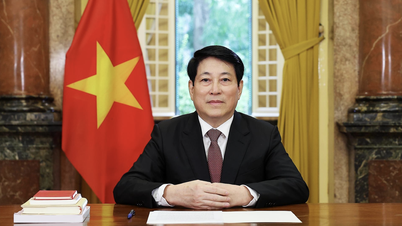

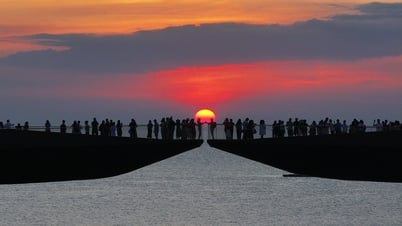


































Comment (0)